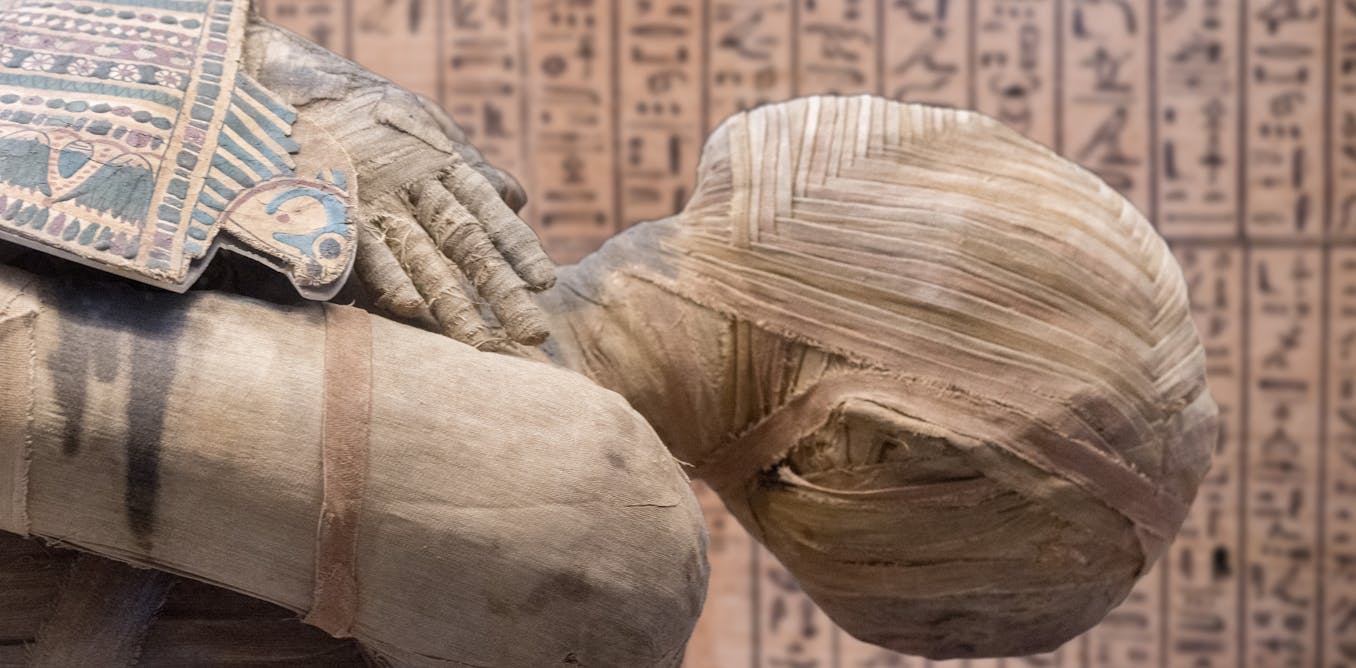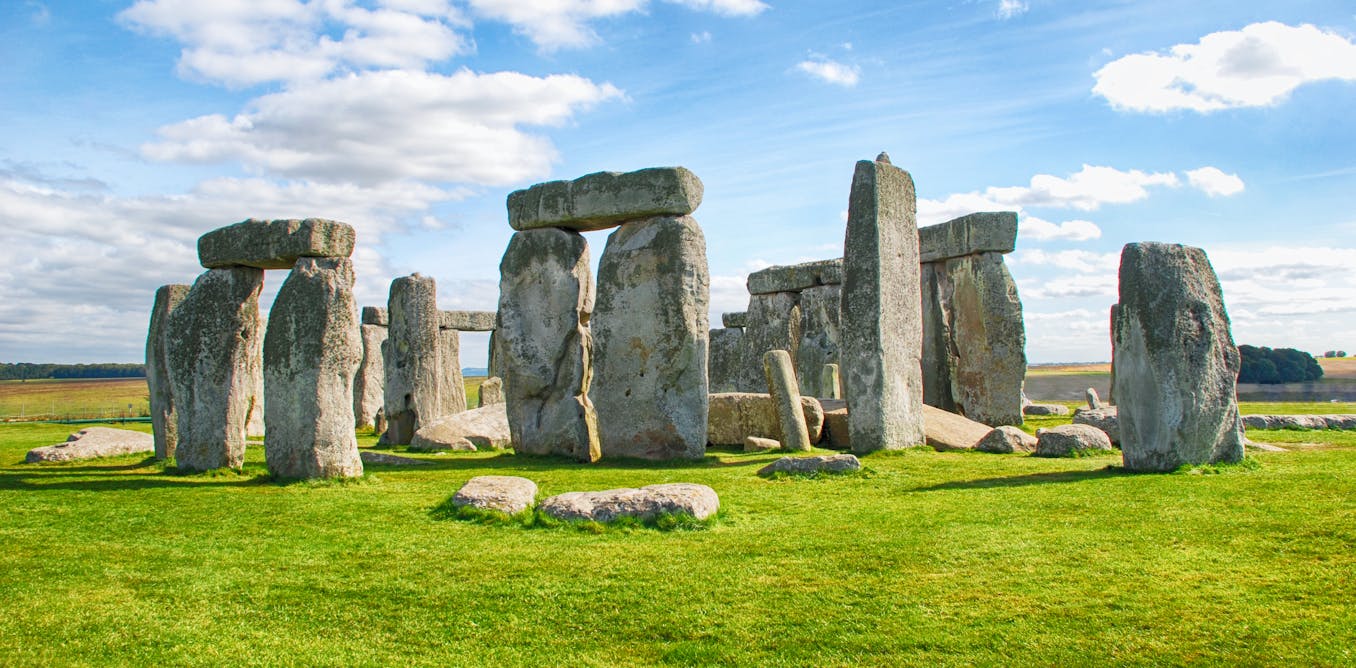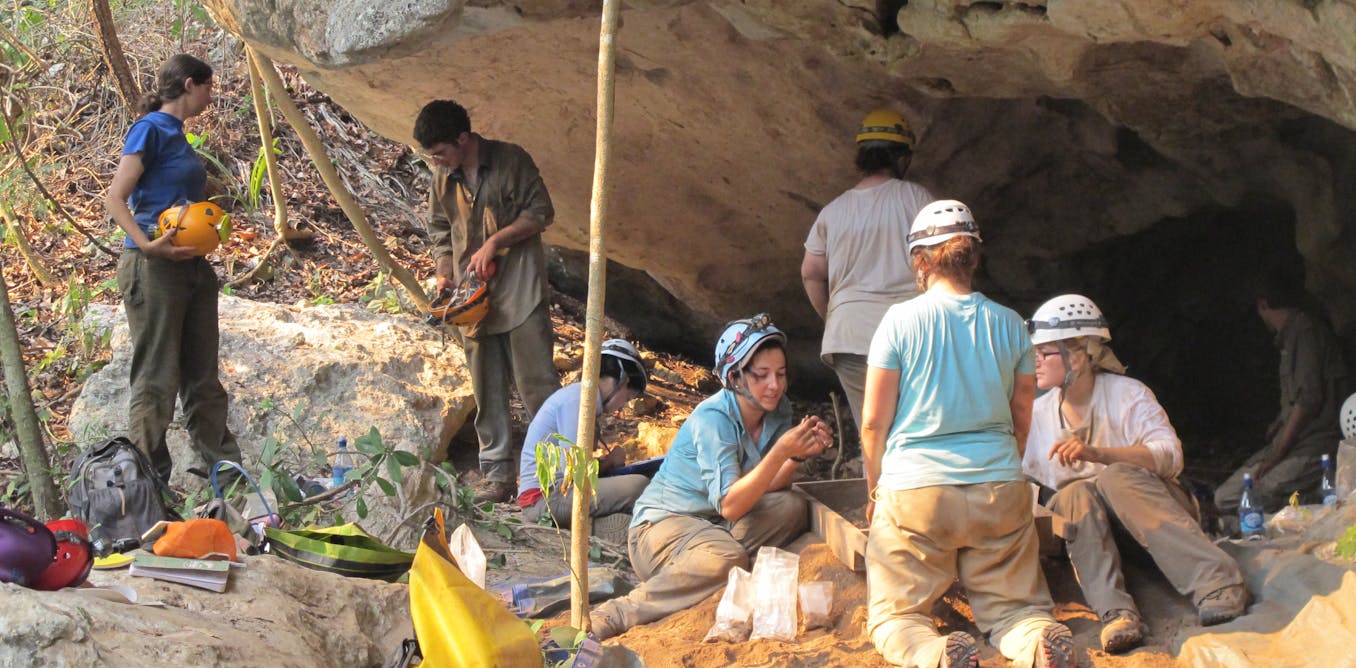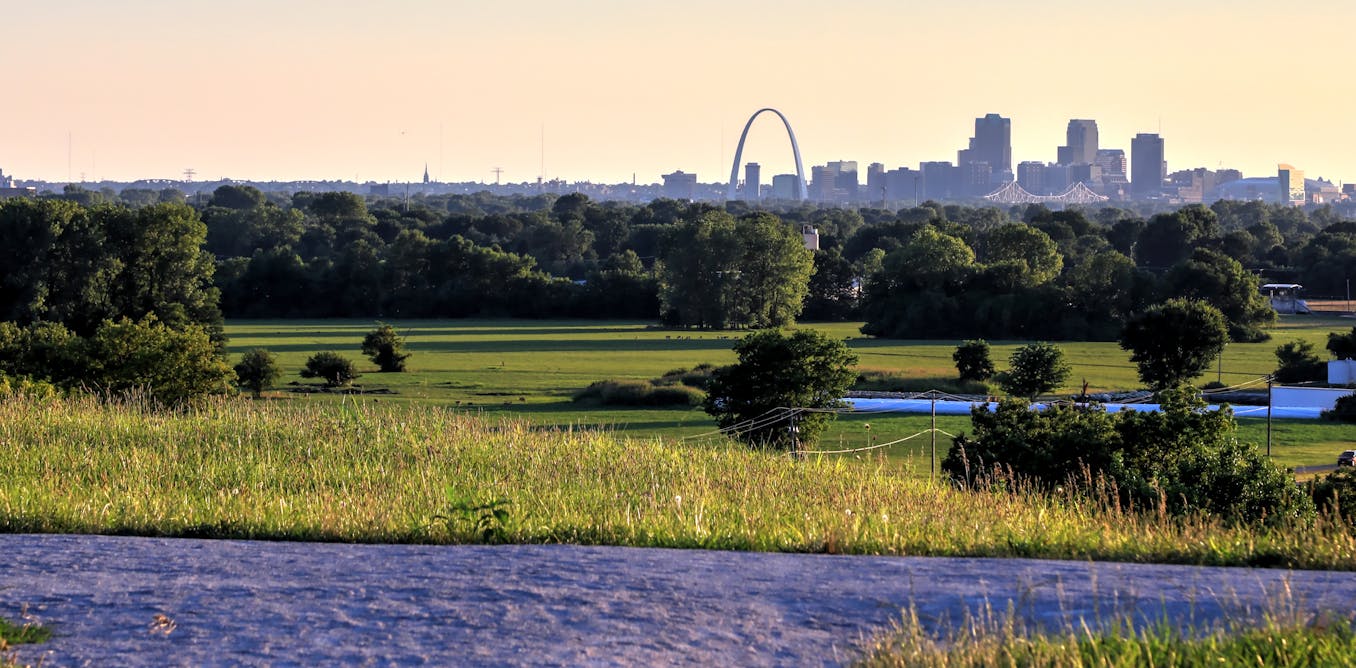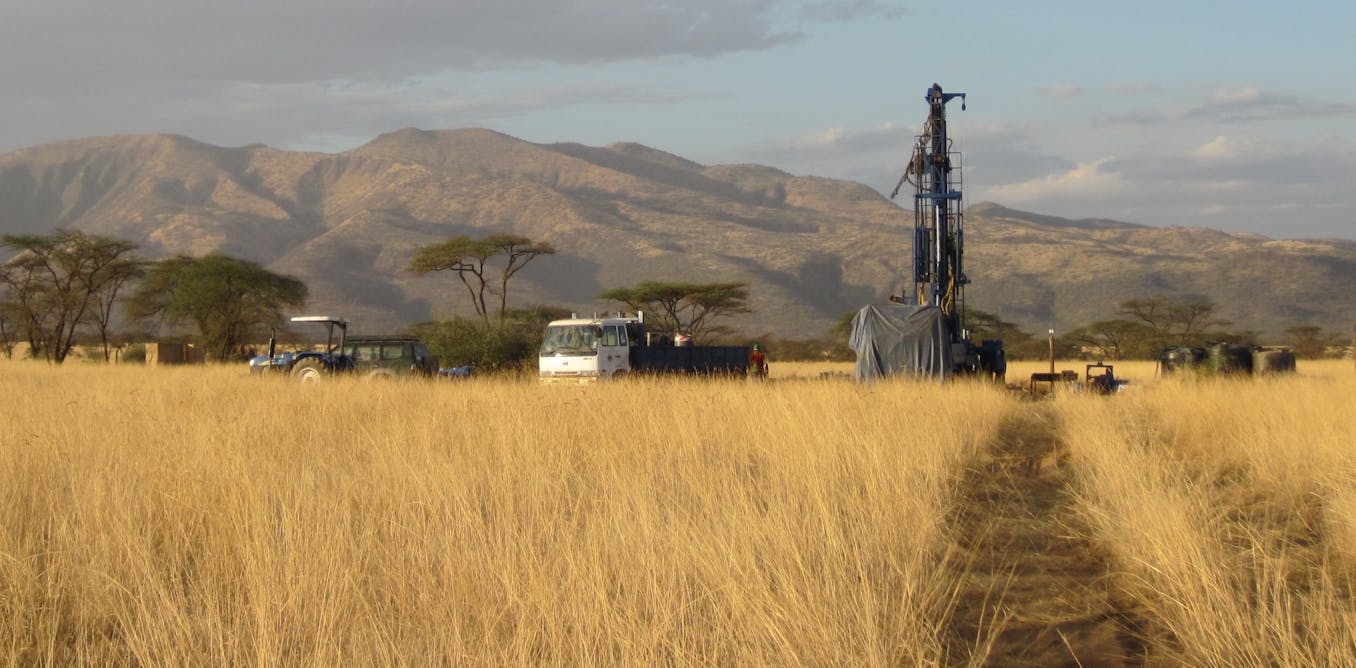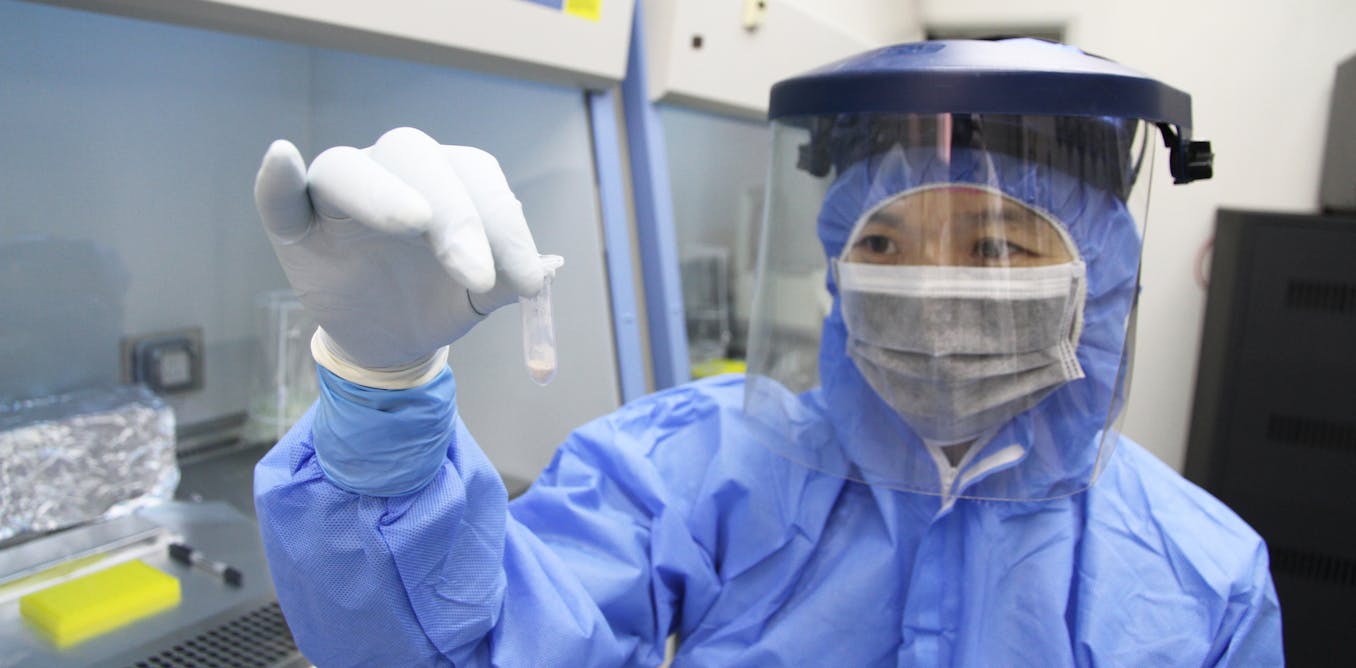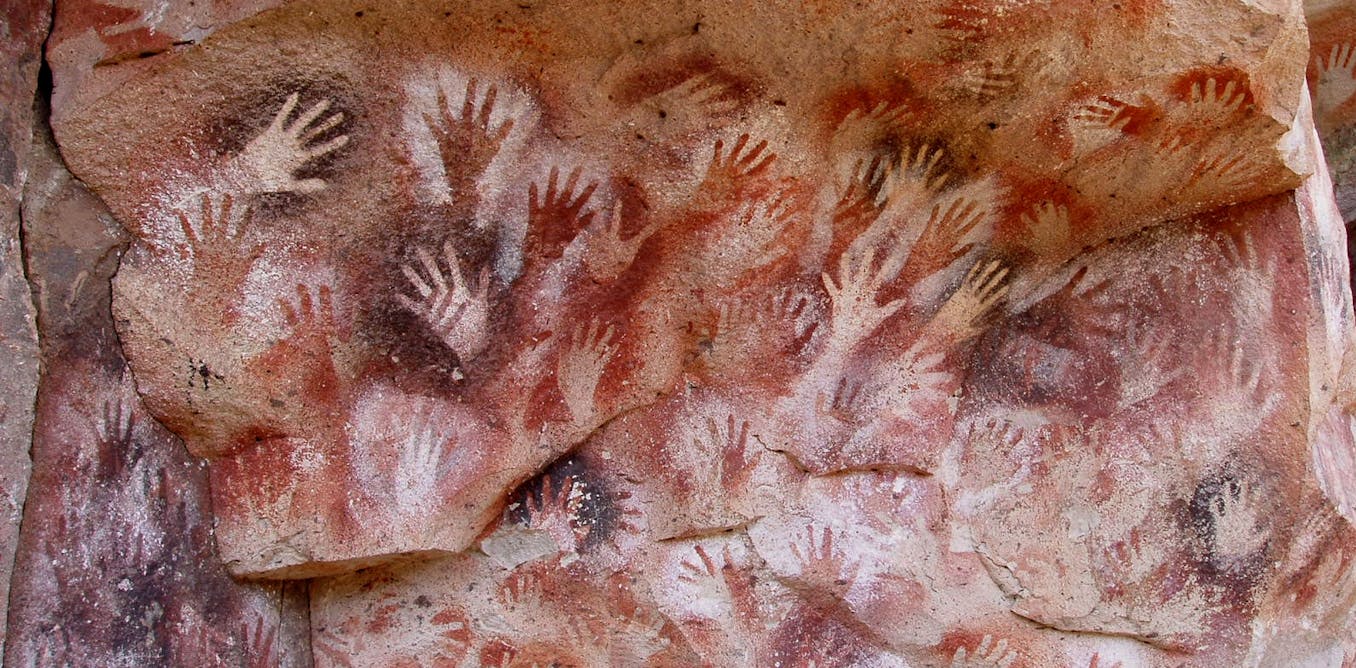Stonehenge first stood in Wales: how archaeologists proved parts of the 5,000 year-old stone circle were imported
A remarkable set of discoveries has confirmed that parts of Stonehenge first stood 140 miles away at Waun Mawn, west Wales.
Feb. 15, 2021 • ~8 min
How do archaeologists know where to dig?
Archaeologists used to dig primarily at sites that were easy to find thanks to obvious visual clues. But technology – and listening to local people – plays a much bigger role now.
Dec. 4, 2020 • ~10 min
Cahokian culture spread across eastern North America 1,000 years ago in an early example of diaspora
Five centuries before Columbus arrived, migrants were spreading across North America, carrying their culture with them and mixing with those they encountered in new places.
Oct. 30, 2020 • ~11 min
Turbulent environment set the stage for leaps in human evolution and technology 320,000 years ago
A new environmental record for a prehistoric site in Kenya helped researchers figure out how external conditions influenced which of our ancient ancestors lived there, with what way of life.
Oct. 21, 2020 • ~11 min
Archaeologists determined the step-by-step path taken by the first people to settle the Caribbean islands
Did people settle these islands by traveling north from South America, or in the other direction? Reanalyzing data from artifacts discovered decades ago provides a definitive answer.
Sept. 29, 2020 • ~10 min
Ancient DNA is revealing the genetic landscape of people who first settled East Asia
By studying the DNA of people who lived in East Asia thousands of years ago, scientists are starting to untangle how the region was populated.
Sept. 15, 2020 • ~11 min
When did we become fully human? What fossils and DNA tell us about the evolution of modern intelligence
Artefacts suggest a ‘great leap’, a recent evolution of modern intelligence. Fossils and DNA argue that’s an illusion.
Sept. 9, 2020 • ~9 min
/
11

